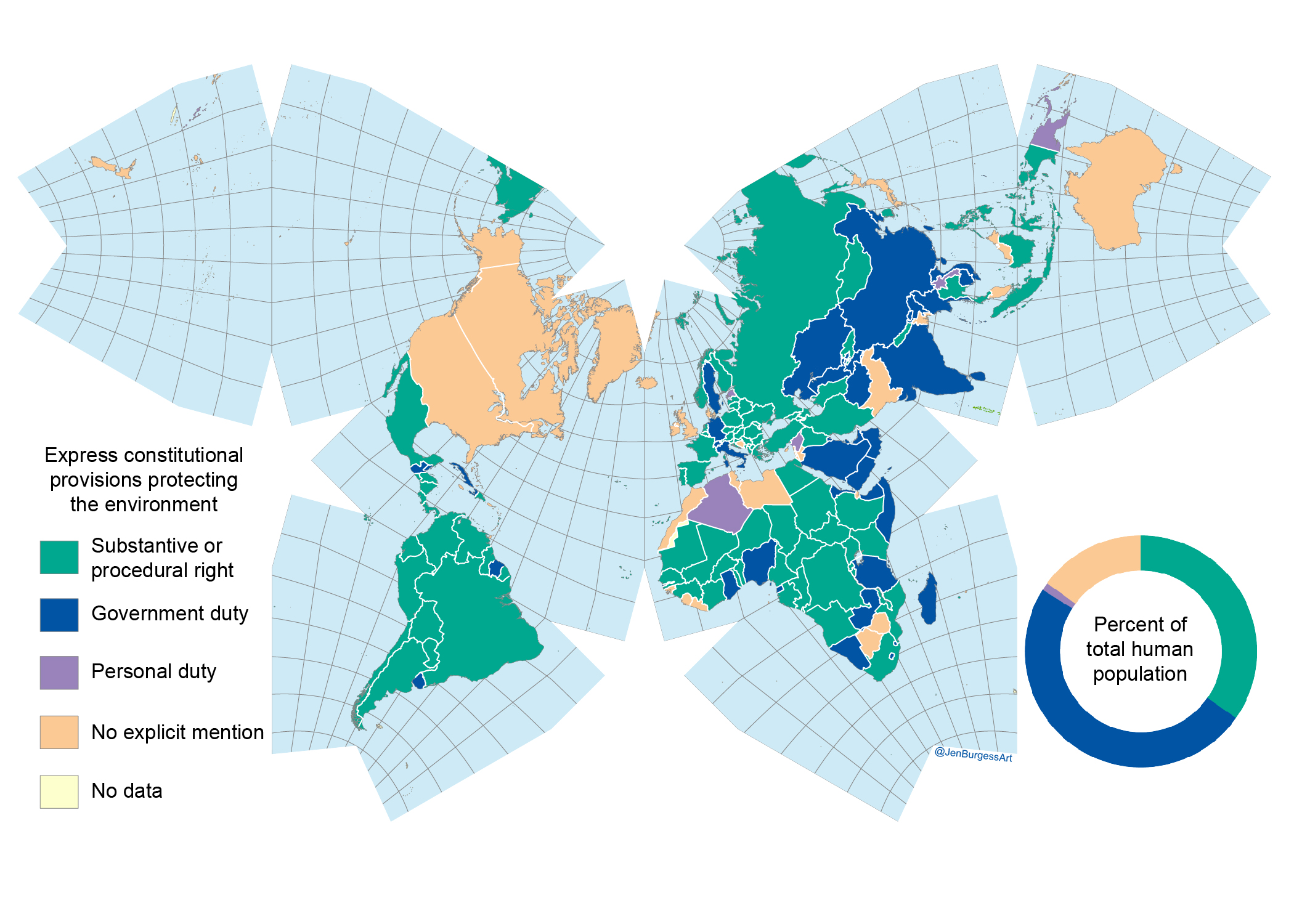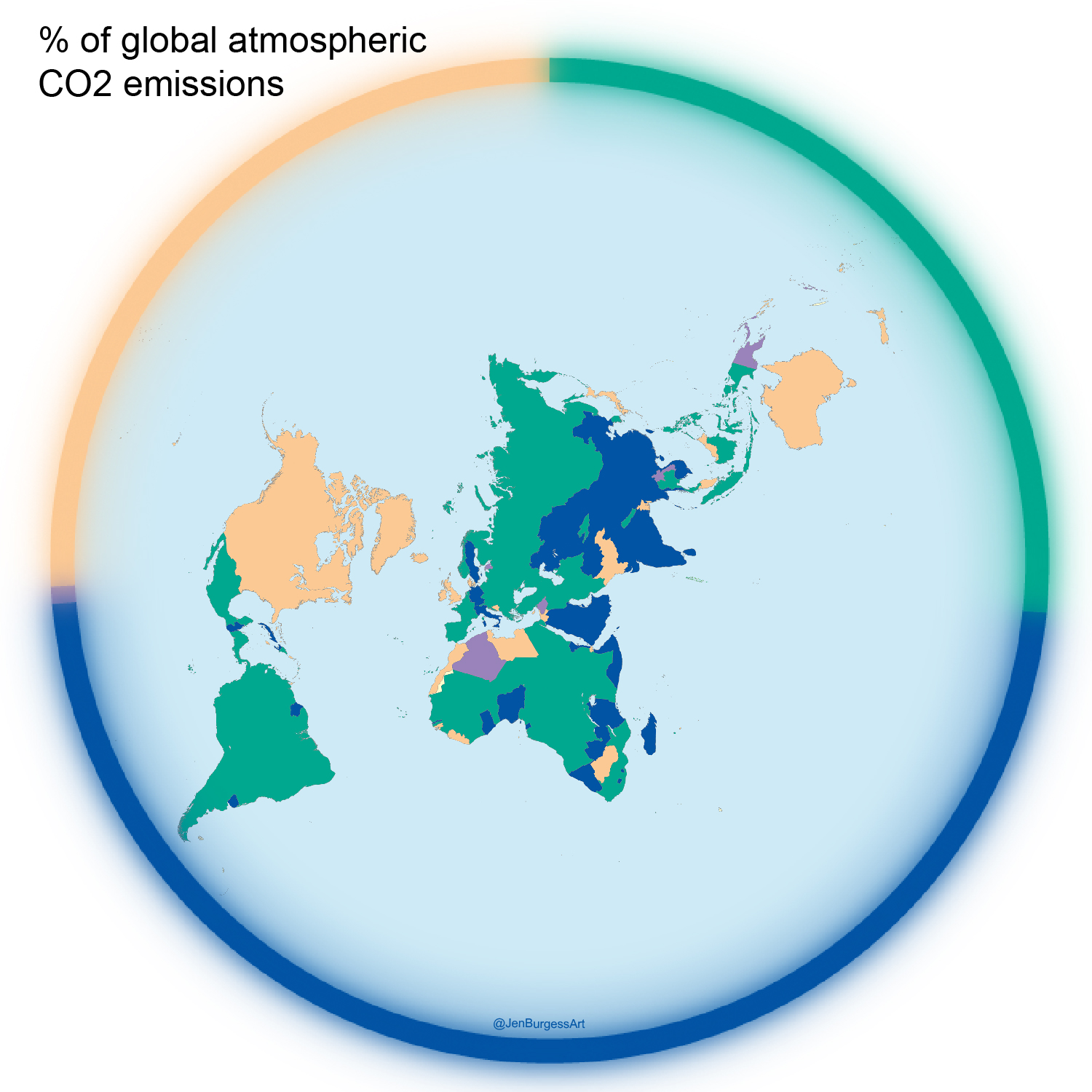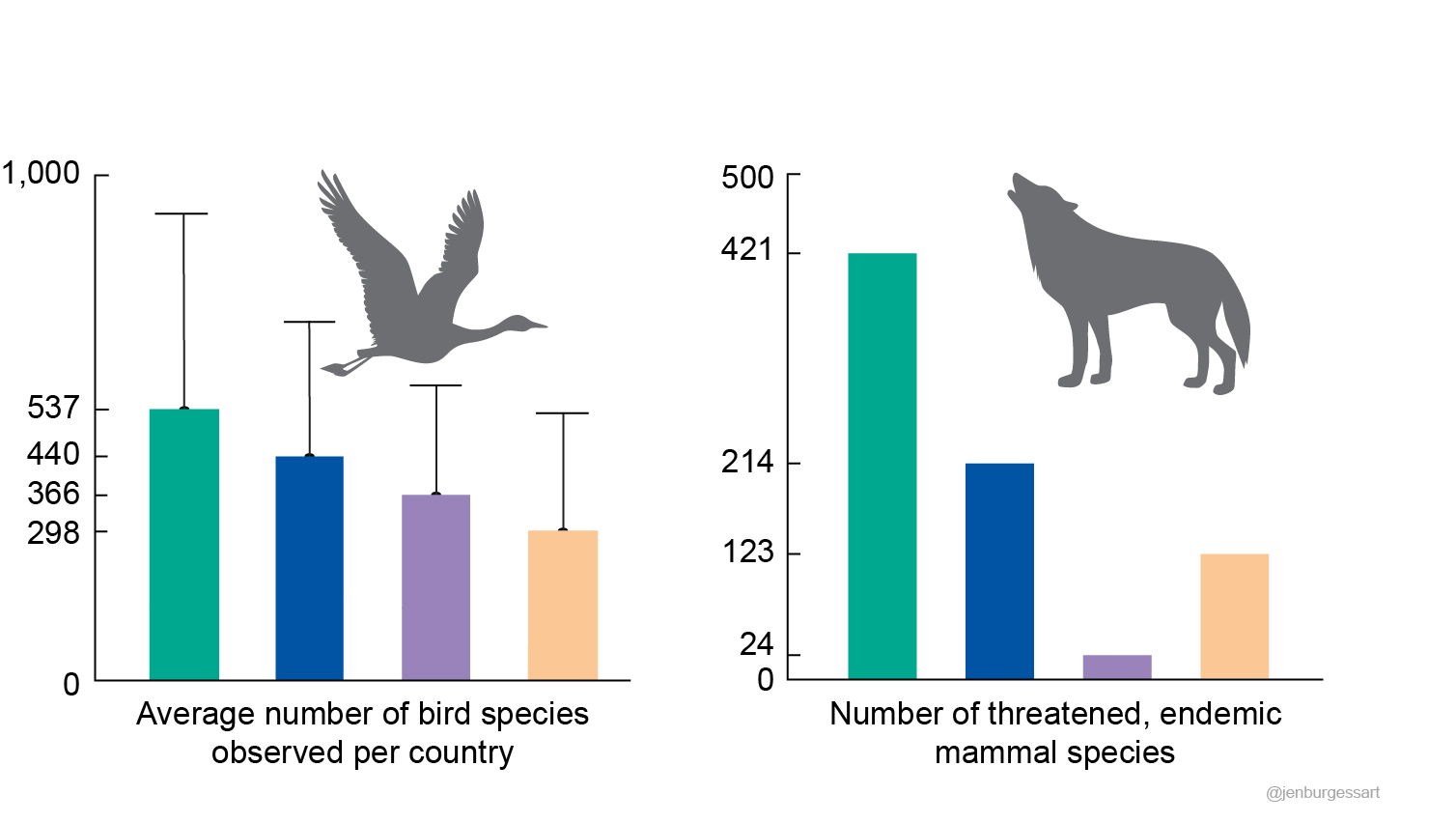Public trust and intergenerational equity
The U.S. Public Trust Doctrine (PTD) can be stated simply: Governments are accountable for the broad public interest in preserving nature and regulating its uses by current generations as a trust for future generations, not narrow interests.
The U.S. PTD was declared by the U.S. Supreme Court in 1842 in the case of Martin v Waddell and reaffirmed and clarified in 1892, 1894, and 1896 in three other famous cases (Illinois Central Railroad v Illinois, Shively v Bowlby, and Geer v Connecticut). It is still good law today as the following articles explain:
Treves, A., K. A. Artelle, C. T. Darimont, W. S. Lynn, P. C. Paquet, F. J. Santiago-Avila, R. Shaw and M. C. Wood (2018). Intergenerational equity can help to prevent climate change and extinction. Nature Ecology & Evolution DOI: 10.1038/s41559-018-0465-y. Click here for Supporting Data.
 Credit: Jen Burgess @jenburgessart illustrated the Waterman butterfly projection.
Credit: Jen Burgess @jenburgessart illustrated the Waterman butterfly projection.

Credit: Jen Burgess @jenburgessart

Credit: Jen Burgess @jenburgessart
2015. Treves, A., Chapron, G., Lopez-Bao, J.V., Shoemaker, S., Goeckner, A., Bruskotter, J.T. Predators and the Public Trust. Biological Reviews doi: 10.1111/brv.12227
Take-home messages: Democratic governments have a duty under the public trust to preserve wildlife for current and future generations without substantial impairment. Trust duties are fiduciary duties meaning transparent accounting and prudence at a minimum. Few trustees of predaotrs have lived up these legal and ethical standards.
2012. Bruskotter, J., Enzler, S., Treves, A.
Rescuing Wolves from Politics: Wildlife as a Public Trust Resource. Response to Mech and Johns. Science (Wash., D.C.), Policy Forum 335: 795-796.
2011. Bruskotter, J., Enzler, S., Treves, A. Rescuing Wolves from Politics: Wildlife as a Public Trust Resource. Science (Wash., D.C.), Policy Forum 333(6051): 1828-1829.